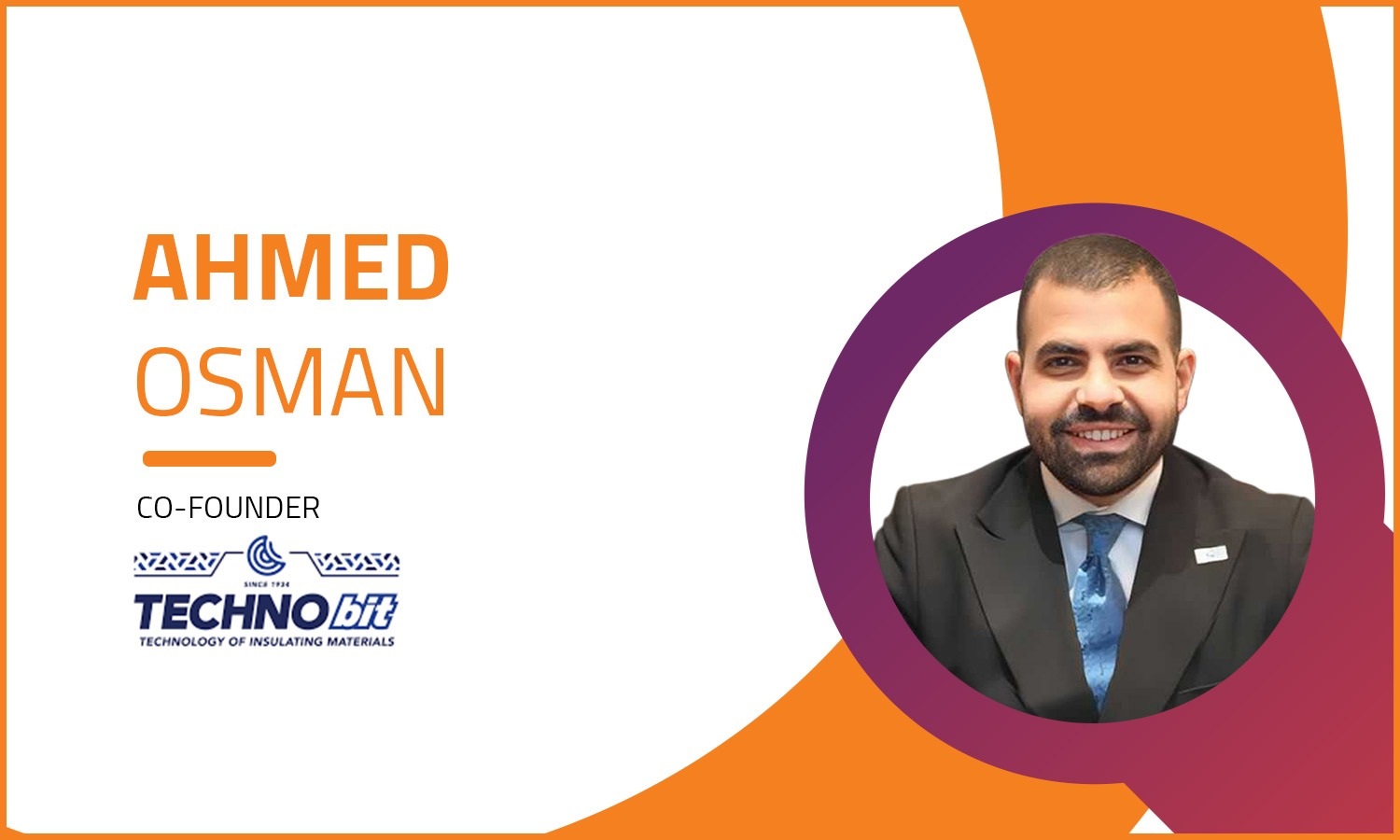Cabinet approves tougher penalties for electricity theft
Updated 11/20/2024 3:33:00 PM
Arab Finance: The Egyptian cabinet approved a draft law amending several provisions of the Electricity Law No. 87 of 2015 aimed at intensifying penalties for crimes related to the illegal seizure of electricity, as per a statement.
These amendments, designed to curb electricity theft and enhance the state's ability to recover lost resources, were presented as part of the ongoing effort to strengthen the country’s energy security and ensure fair access to power.
Under the amended Article 70, anyone who connects electricity in violation of the law, or fails to report such violations, could face a minimum one-year imprisonment, fines between EGP 100,000 and EGP 1 million, or both.
Additionally, if convicted, the individual will be required to repay double the value of the seized electricity, with penalties doubled in the case of repeat offenses.
Article 71, which addresses unlawful electricity theft, also introduces stricter sentences.
Those caught stealing electricity will face imprisonment for at least one year and fines ranging from EGP 100,000 to EGP 1 million.
In cases where electricity theft leads to a power outage, the penalties increase, with imprisonment of at least two years and fines between EGP 200,000 and EGP 2 million. Recidivism results in doubled penalties.
Furthermore, the convicted will also be responsible for covering the costs of restoring any damaged equipment or infrastructure.
The cabinet approved the establishment of a special free zone for LT Jeans Services in Sadat City, Menoufia Governorate.
This $10 million project, dedicated to the manufacturing and washing of ready-made garments, will create around 750 jobs, focusing on providing employment opportunities to workers from rural areas.
The project aims to produce approximately 2.85 million clothing items annually, with a strong emphasis on export, utilizing Egypt's strategic location, high-quality cotton, and proximity to international markets.
Additionally, the cabinet approved energy agreements for two major solar projects.
These projects, developed by the Masdar-Infinity-Hassan Allam alliance, will produce 1,200 megawatts of electricity from solar power, alongside 720 megawatt hours of storage batteries.
The trial operation of these projects is slated for 2025, contributing to Egypt's renewable energy goals and advancing its energy infrastructure.
Related News












